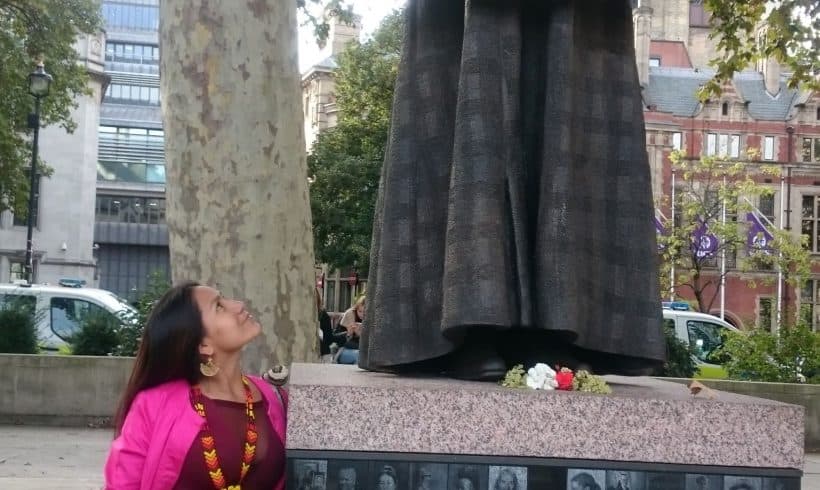Environmental human rights rights defenders (EHRDs) are being killed in ever greater numbers in Colombia, according to Somos Defensores, 199...
Category: News Archive
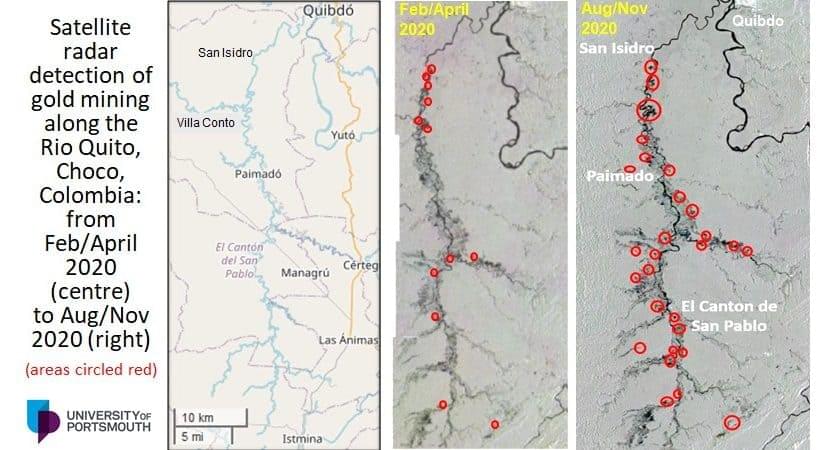
A Snap Shot of Satellite Radar Monitoring by Portsmouth University in Choco
As part of the Colombia River Stories project involving the Universities of Glasgow, Portsmouth and Nottingham, the Atrato River Guardians,...
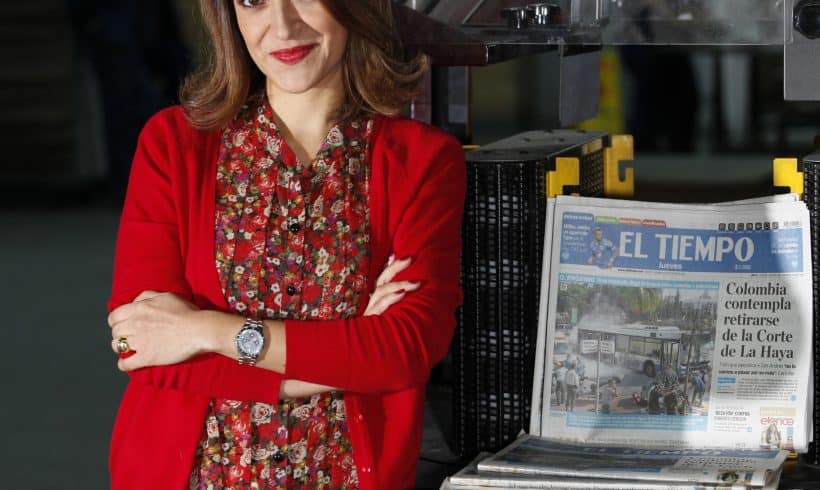
Colombian State declared responsible by International Court in the case of Jineth Bedoya Lima – kidnap, rape, torture and multiple other violations.
October 18, 2021 goes down in history as the day that a struggle, which began with an individual crime,...
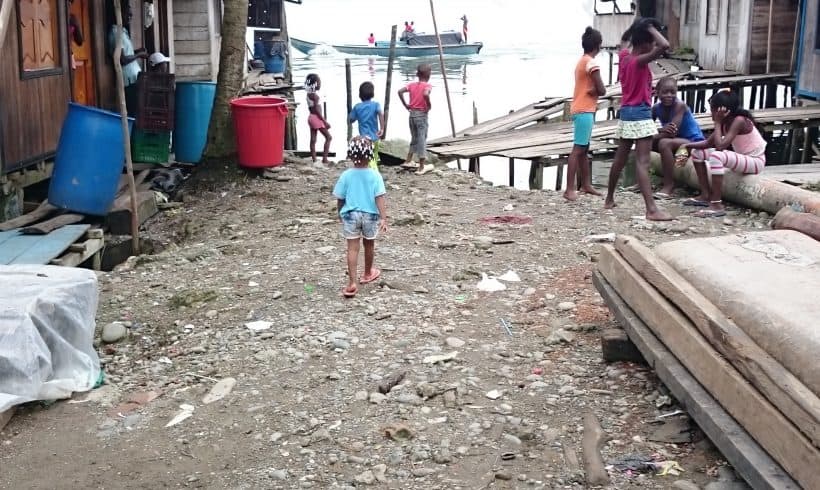
COVID 19 pandemic exacerbates poverty and inequality in Colombia
The rapid spread of the pandemic has been a challenge for the Latin Americana and Caribbean (LAC) region, essential sanitary...
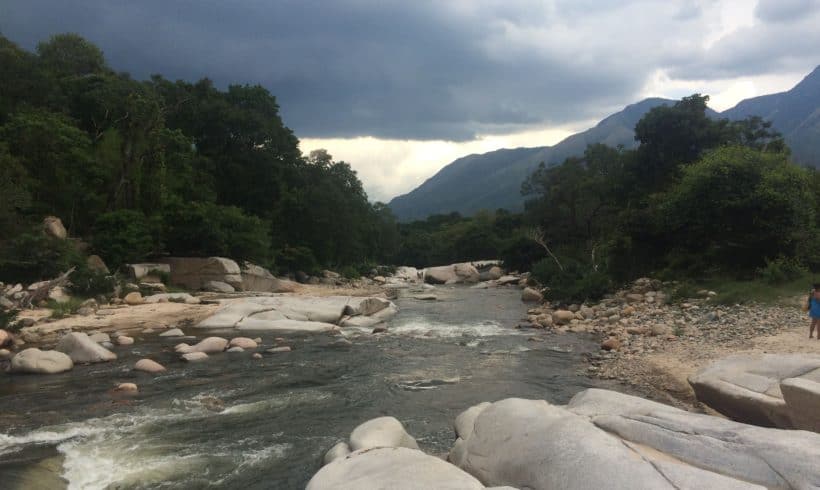
Put human rights at the centre of environmental policy
OPEN LETTER TO WORLD LEADERS Download Letter here October 2021 Respecting and protecting human rights and protecting the environment are...
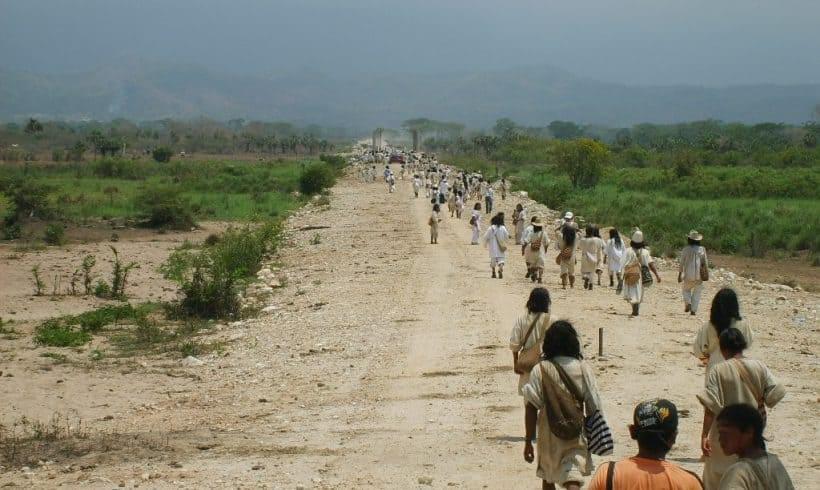
Forced Displacement in Colombia Significantly Increased
1 October 2021 The Inter-American Commission on Human Rights (IACHR) expressed its serious concern regarding the significant increase in the...
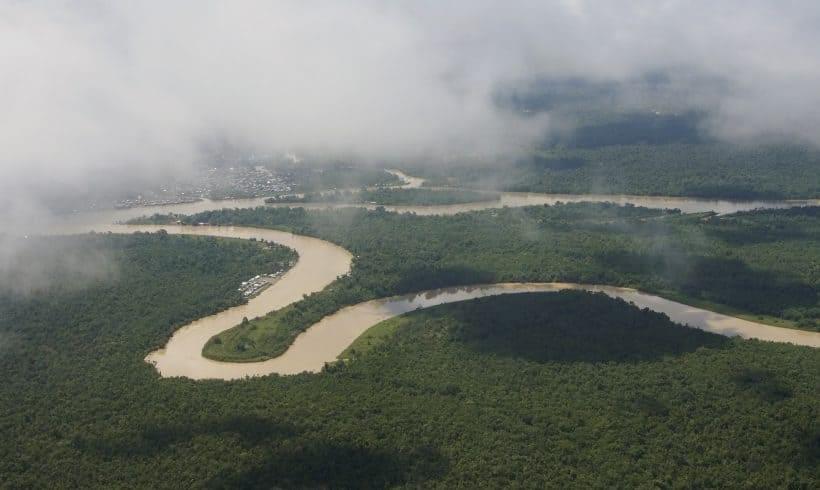
ABColombia at COP26
Voices from the River Atrato Chocó Chocó department in Colombia is located in the Pacific basin of the “Chocó Biographical...

Job Vacancies
Communications and Information Officer Please Note that we have extended the deadline to 5pm on Wednesday 6 October 2021 The...
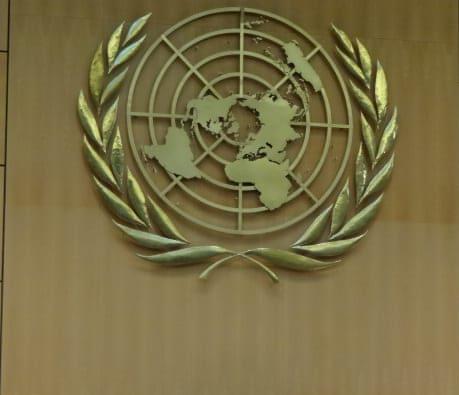
Security Council Press Statement on Colombia
16 Jul 2021 The following press statement was issued by the UN Security Council after receiving a briefing by Carlos...
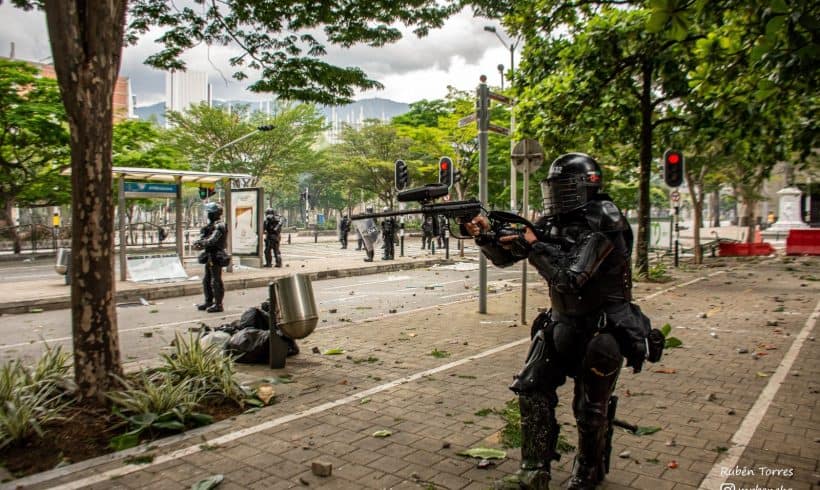
Case 01: Kidnapping by the FARC-EP
On 26 January 2021, the Reconnaissance Chamber of the Special Jurisdiction for Peace (JEP) charged eight members of the former...

